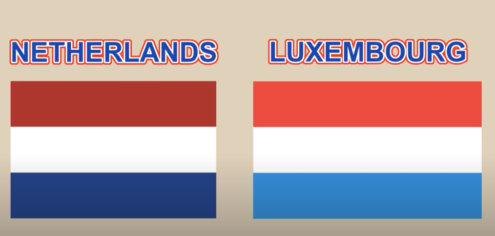
For anybody new to The Netherlands, and more specifically right-wing Dutch social media, there are a few symbols you’ll come across, usually used together. Here’s what they tend to mean.
First, if you see an owl, it’s a reference to the Owl of Athena [Greek mythology] or the Owl of Minerva [Roman mythology], and has been a symbol used by one of country’s extreme-right parties that is currently falling apart.
The second emoji, also used by the same party, is the classical building that is part of their logo.
The third one is the Dutch flag, which in itself is just a flag, but when used in combination with the above-mentioned ones, more often that not means the account will feature right-wing politics in one way or another. The funny thing is, many of these accounts use the Luxembourg flag, as they don’t seem to know the difference.
Of course, it’s always good to remember that sometimes an emoji is just an emoji, but not in the case of the Luxembourg flag being used by what I imaginen is a Dutch person. I wonder if there are any people from Luxemburg using the Dutch flag by mistake.
As this video points out, “while the two flags are almost identical, they are unrelated in the origin of the colours.” For the fun with flags nerds, both the red and the blue are different, which is also the case with the emoji, and the official size is different as well.
(Image: Screenshot of the above-mentioned video)



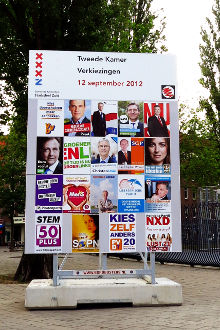 Preferential voting in last month’s municipal elections in the Netherlands has caused a drastic increase of female representatives, newspaper
Preferential voting in last month’s municipal elections in the Netherlands has caused a drastic increase of female representatives, newspaper 
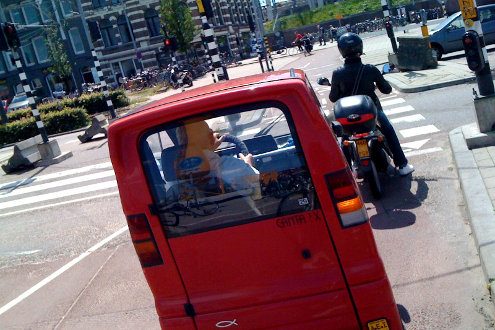

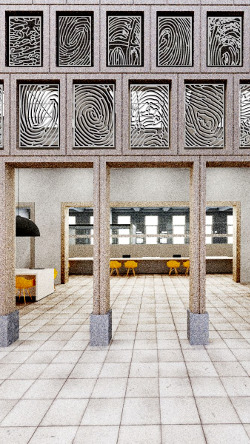 Two weeks ago the city of Deventer officially got a new city hall.
Two weeks ago the city of Deventer officially got a new city hall. 
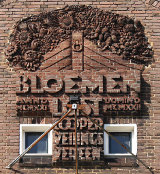 Bram Heijstek has had a rough year. The council member of the municipality of Aalsmeer has been on the receiving end of several death threats that were allegedly signed by a colourful coalition of political opponents, reporters and famous locals. About the only person who did not threaten Heijstek was Heijstek himself… wait, let’s rewind the tape a bit.
Bram Heijstek has had a rough year. The council member of the municipality of Aalsmeer has been on the receiving end of several death threats that were allegedly signed by a colourful coalition of political opponents, reporters and famous locals. About the only person who did not threaten Heijstek was Heijstek himself… wait, let’s rewind the tape a bit.